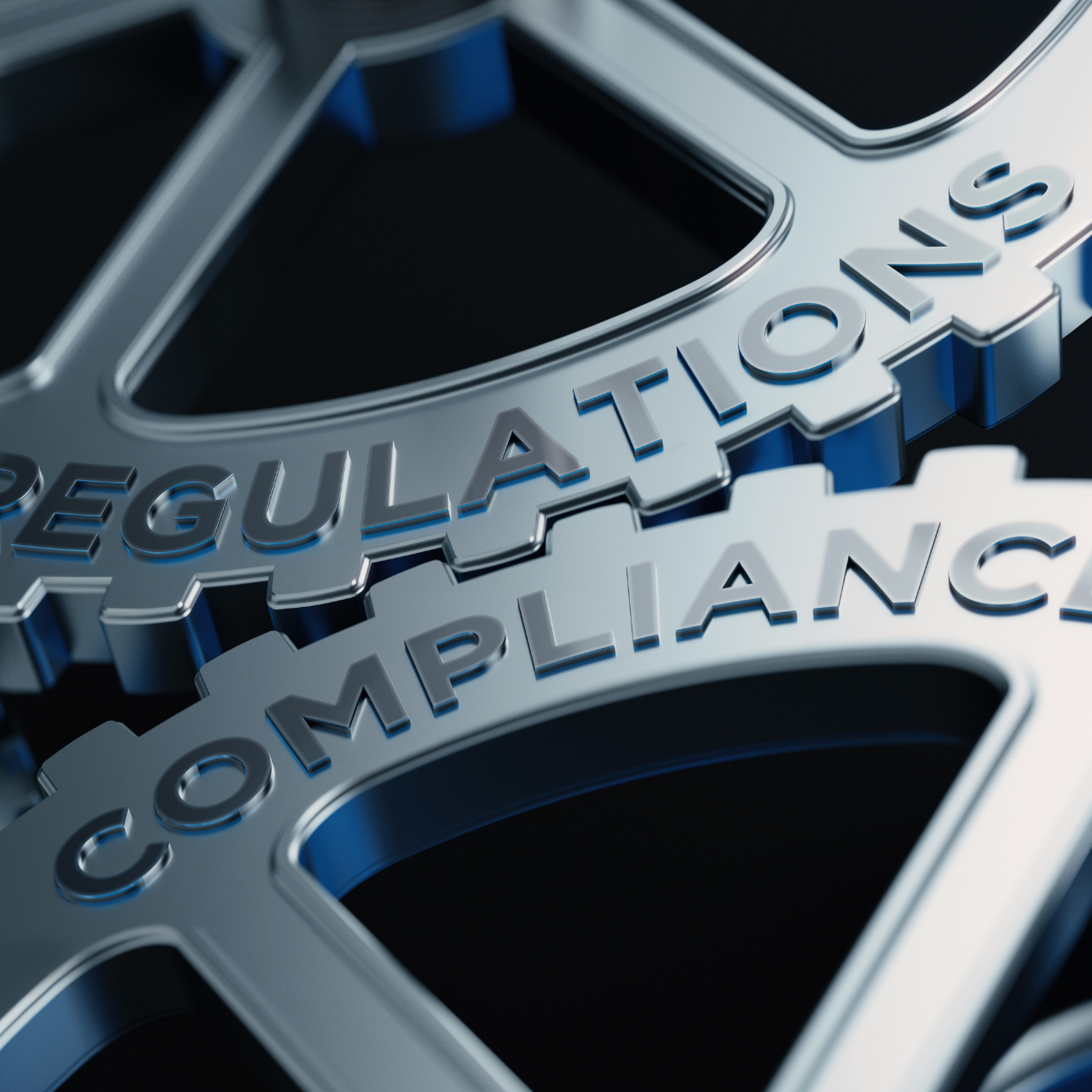Governance Risk Compliance
In today’s complex regulatory environment, ONQU Support see many organisations face numerous challenges in managing governance, risk, and compliance (GRC) activities.

What We Do
ONQU have addressed these challenges, such as GDPR Compliance, with strategic solutions, organisations can enhance their compliance posture, manage risks more effectively, and achieve greater operational efficiency and resilience. Here are some typical pain points and strategies to address them effectively:
We have seen, many organisations struggle with fragmented or decentralised GRC functions, leading to inefficiencies and inconsistencies. Implementing a centralised GRC framework can streamline processes, enhance visibility, and ensure consistent application of policies and procedures across the organisation.
Keeping pace with evolving regulations across multiple jurisdictions is a significant challenge, particularly for highly regulated industries. Organisations should invest in robust compliance management systems and stay informed about regulatory changes through continuous monitoring and expert consultations.
Identifying, assessing, and mitigating risks can be complex, especially with emerging risks and dependencies on third-party vendors. Adopting an integrated risk management approach and utilising advanced analytics can help organisations proactively manage risks and enhance decision-making.
Ensuring the security and privacy of sensitive data in compliance with regulatory requirements is critical, especially amid growing cyber threats. Implementing strong data governance policies, advanced security technologies, and regular audits can safeguard data and maintain compliance.
Governance Risk Compliance
Allocating sufficient resources and budget for effective GRC management can be challenging. Organisations should prioritise GRC activities based on risk impact and leverage technology solutions to automate processes, thereby optimising resource allocation and reducing costs.
Reliance on manual processes and disparate systems can lead to inefficiencies and data inaccuracies. Investing in integrated GRC platforms that automate workflows and consolidate data can enhance efficiency, accuracy, and the ability to generate meaningful insights for strategic decisions.
Effective GRC management requires strong communication and collaboration among stakeholders. Establishing regular cross-departmental meetings, fostering a culture of transparency, and using collaborative tools can improve alignment and the effectiveness of GRC efforts.
Employees’ lack of training and awareness regarding GRC policies can increase compliance risks. Organisations should implement comprehensive training programs and ongoing awareness campaigns to ensure all employees understand and adhere to GRC requirements.
Organisations often struggle to demonstrate compliance and the value of their GRC programs. Developing clear metrics and reporting frameworks can help showcase compliance achievements and the benefits of GRC initiatives to regulators, investors, and other stakeholders.
Cultural barriers and reluctance to adopt new technologies can impede GRC improvements. Change management strategies, including stakeholder engagement, clear communication, and phased implementation, can help overcome resistance and drive successful GRC transformations.
By addressing these common GRC pain points with strategic solutions, organisations can enhance their compliance posture, manage risks more effectively, and achieve greater operational efficiency and resilience.
.

Get in touch
Please contatct ONQU Support for a free, no obligation assessment.